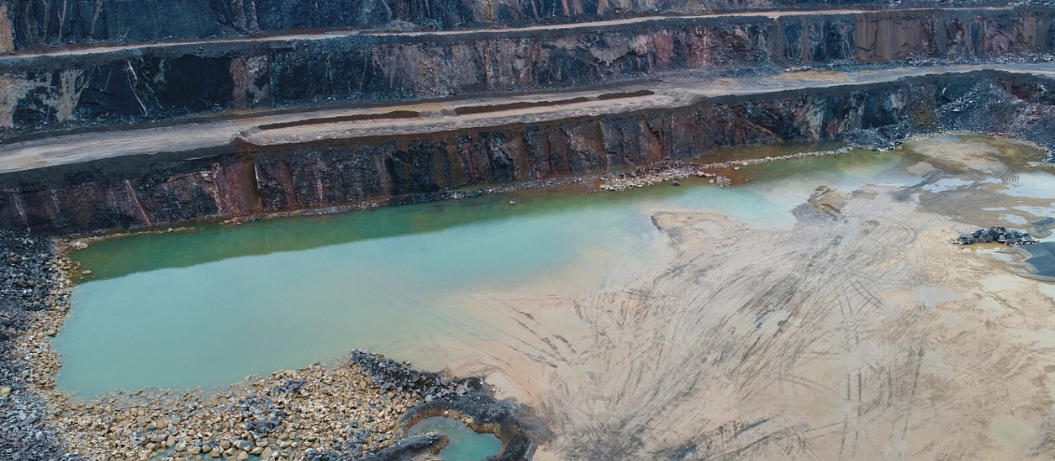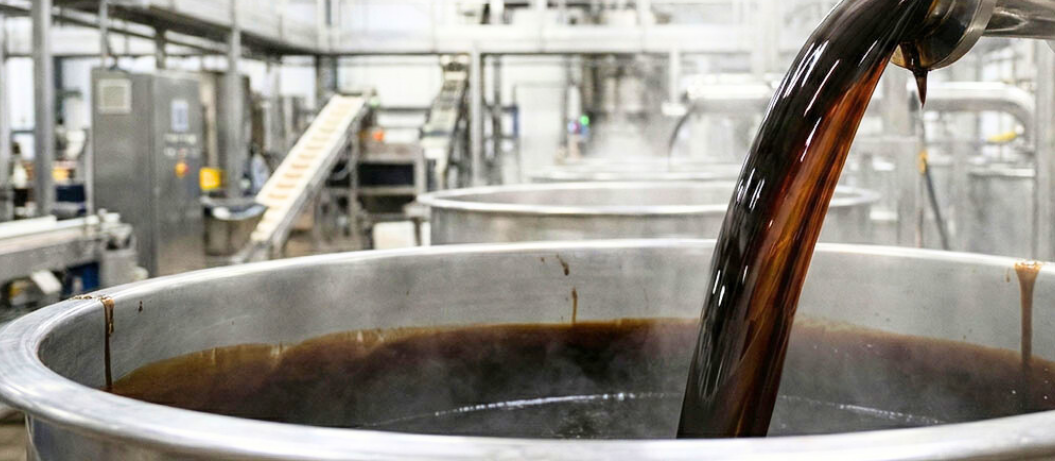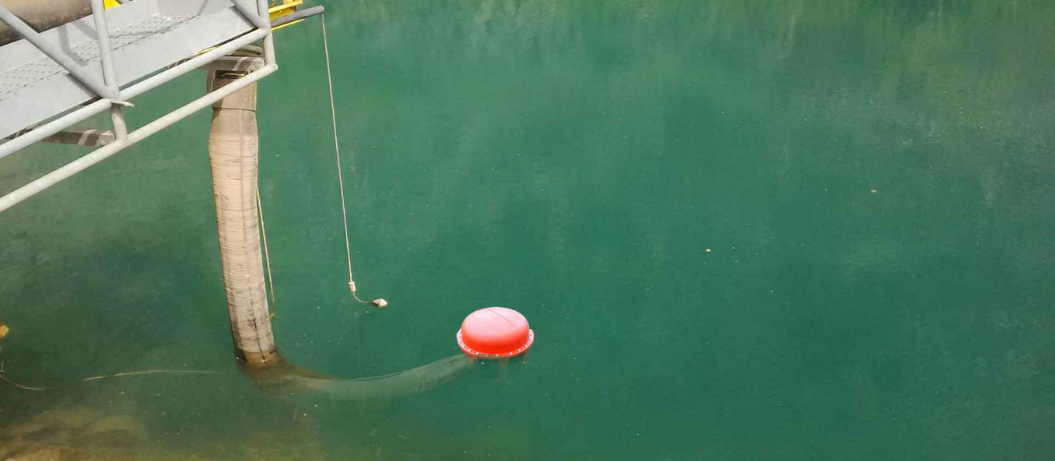Pumps, being so vital to civilisation, use 20% of the global electricity demand. In many conurbations across Europe, this climbs to over 50%. As the world shifts towards a net-zero future, industries worldwide are re-evaluating their energy consumption, sustainability, environmental stewardship, and efficiency measures.
The water industry holds a uniquely challenging position, tasked with providing clean, safe water, responsibly processing wastewater while minimising energy usage, and striving for net-zero a whole 20 years ahead of the rest of the economy.
In essence, the water industry is expected to lead on best practices, overcoming every obstacle while keeping customer bills to a minimum.
Within this landscape, modern pump systems emerge as pivotal players, influencing energy efficiency and overall sustainability in water treatment processes.
Energy-efficient electric pumps play a crucial role in the green transition by facilitating the adoption of renewable energy sources and enhancing system resilience. Integration of solar, AAD, and other bioresources, coupled with energy storage solutions, allows water treatment plants to reduce reliance on carbon-based energy sources and mitigate emissions.

Energy Usage In Bioresources, Clean Water & Wastewater Treatment
The water industry traditionally uses significant amounts of energy, primarily for pumping, aeration, and treatment processes. Pumps, in particular, are responsible for a substantial portion of this energy usage. Whether it’s for lifting water from reservoirs and rising mains, transporting it through treatment processes, distributing clean supplies to end-users, or taking it back as sewage (along with anything else thrown in); pumps are indispensable components of every drinking water and wastewater treatment plant.
Increases in Bioresources recovery options represent an ideal opportunity for the water industry to become net contributors of green energy.

Efficiency Flows
With growing environmental concerns and escalating energy costs, improving pump efficiency and treatment effectiveness has become imperative for the water treatment industry. Energy-efficient pumps can substantially reduce operational costs and minimise the industry’s carbon footprint. Advanced technologies, such as variable frequency drives (VFDs), enable pumps to adjust their speed based on demand, optimising energy consumption and minimising wastage. Additionally, innovations in pump design, including the use of high-efficiency impellers and motor systems, have further enhanced energy performance while increasing operational reliability.
Whole system thinking is crucial for energy optimisation. Pipe size and material, treatment methodology, and system layout can have as big an effect as pump selection. Atlantic Pumps engineers work closely with water treatment customers to implement best practice and proven new innovations.
Furthermore, intelligent pump monitoring and control systems enable real-time optimisation, ensuring efficient operation and contributing to overall energy savings. Senteos is a secure ‘cloud-based’ monitoring and control platform, developed for pump management but also compatible for many other process and automation networks.
Atlantic Pumps understands the demands of sustainability, resilience and capability that the UK water industry faces. Working to their values of speed and simplicity, they seek out the ‘least cost’ solution for customers. By increasing outputs and decreasing inputs, water companies are decarbonising faster than ever, whilst giving their customers value-for-money.
Often hidden in plain sight is an opportunity to reverse the cost of sewage treatment – from an energy consumer to an energy generator. Various technologies for extracting energy from sludge have been well established, with continual improvements in advanced anaerobic digestion (AAD), gasification, hydrothermal carbonisation (HTC), Super Critical Water Oxidization, and advanced pyrolysis. The heat and power produced can be used on-site for powering pumps or sold to the grid, whilst the carbon/carbon dioxide can be captured for storage or industry use.
Sewage has even been shown to possess significant quantities of precious metals, sometimes at higher concentrations than the ore it was originally extracted from.
The growing need for NPK nutrients in agriculture is shown by the fact the UK imported a record 2.6 billion USD worth of fertiliser in 2022, having used nearly 1.5 million tons of NPK the previous year. Financially and environmentally, there are many advantages to locally produced fertilizers through nutrient recovery.

Will The Water Industry Achieve Net Zero By 2030?
Last updated: 03/07/2025
As the demand and supply pressures for clean water continue to rise, the water industry is striving to implement new best-practices to meet ambitious sustainability commitments alongside customer satisfaction and vaue-for-money. Sustainability is defined as meeting current needs without compromising the ability of future generations to do the same, and this has multiple implications. Climate change, along with tighter limits on abstraction, is expected to reduce freshwater availability by 7% by 2045.
In this current five-year investment period (AMP8), the water industry, wastewater undertakers especially, are investing heavily in better outcomes; less storm overflows, signfiicantly more monitoring points, enhanced data collection, and better communication between regulators, customers, and the general public.
Pumps, as integral components of any water treatment system, will play a pivotal role in this journey towards sustainability. By prioritising energy efficiency, embracing renewable energy sources, investing wisely, and fostering innovation, the industry can pave the way for a more sustainable water future and continue contributing to global efforts to combat climate change.
In 2020, the water industry in England committed to becoming operationally net-zero by 2030, making it the first industry sector worldwide to do so. By 2050, the whole of the UK water sector is expected to be fully net-zero, in both operations and procurement.
Since these commitments were made, serveral major interruptions have occured; the pandemic, Russia’s full-scale invasion of Ukraine, and other global crises have led to uncertainty, rising costs, and competing priorities. Is the industry on course, and what are the latest expectations?
Although the water industry’s emissions from the direct burning of fossil fuels decreased by 7.60% from 2021/22 to 2022/23, the overall emissions increased by 2.64% according to Ofwat. This figure could have been influenced by more robust reporting, however Ofwat attribute it to an increase of business travel, electricity use and chemical supplies – which would correlate with a growing industry. An interesting observation from this same Ofwat report is that the emission increase from water and sewage companies was half that of water supply-only companies; a clue that sewage treatment currently offers the best potential for net GHG reduction.
At the half-way mark in our ten-year net-zero journey, it can be shown that the industry has achieved an impressive improvement in service levels, and waste reduction. Leaks are significantly less, setting a good base for the next priority; reducing pollution of air and water. The holes have been plugged, and we’re starting to see positive results. We’re measuring the things we need to change, using new recording and communication technology such as Senteos, the live-data platform that enables insight-driven action. In addition, more efficient ways of turning waste into valuable recycleables and rnewable bio-energy are being rolled out, and at scale.
The last leg of our 2030 net-zero journey will see an unprecedented £96 billion of investment across the water industry. Along with parallel efforts to decarbonise the construction industry, this is a golden opportunity to climate-proof our water infrastructure, and indeed, do our (not-so-small) part for climate protection.
The challenge is that any uptick in activity risks an increase in GHG emissions, even though vastly less than it would have done 10 – 20 years ago. It will take an extreme effort from all parties to meet short-term sustainability goals whilst striving towards a net-zero, more resilient infrastructure from 2030 onwards. Atlantic Pumps are fully committed to supporting this goal, working with Ecovadis to drive down embodied emissions in pumps and associated systems.
Working closely with all stakeholders, and looking at every facet of water management will be necessary to chase down our net-zero goal. Off-setting is a powerful enabler and brings special opportunities to the water industry. Carbon-offsetting that rewards landowners within the local water catchment zone can be a double win, as environmental enhancements on land reduces the pressure on local treatment plants. For example, peat bog and forest restoration, and bio-friendly land management sequester carbon, while reducing run-off and water pollution.
The water treatment industry recognises the critical role that pumps play in energy usage, efficiency, and achieving net-zero objectives. By investing in energy-efficient technologies, embracing renewable energy co-generation, and fostering collaboration, the industry can enhance its sustainability credentials and lead the way to successful, affordable net-zero.
Get In Touch
Atlantic Pumps specialise in helping water and wastewater treatment companies save energy, improve environmental outcomes, and create sustainable, cost-effective treatment techniques for sludges, and slurries containing grits and sharp solids.
To discuss any of the subjects raised in this blog or to discuss pumps for your site, please call us on 0800 118 2500 or complete our enquiry form; we look forward to helping you.
Further Reading
Download: Managing Sludge and Grit in the Water Industry guide
We also take a sustainable approach to our work and are committed to reducing energy waste from pumps. Our expert knowledge allows us to reduce energy usage by 20% on the average site!
Call us today on 0808 196 5108 for more information.
 July 28 2024
July 28 2024 5 min read
5 min read


